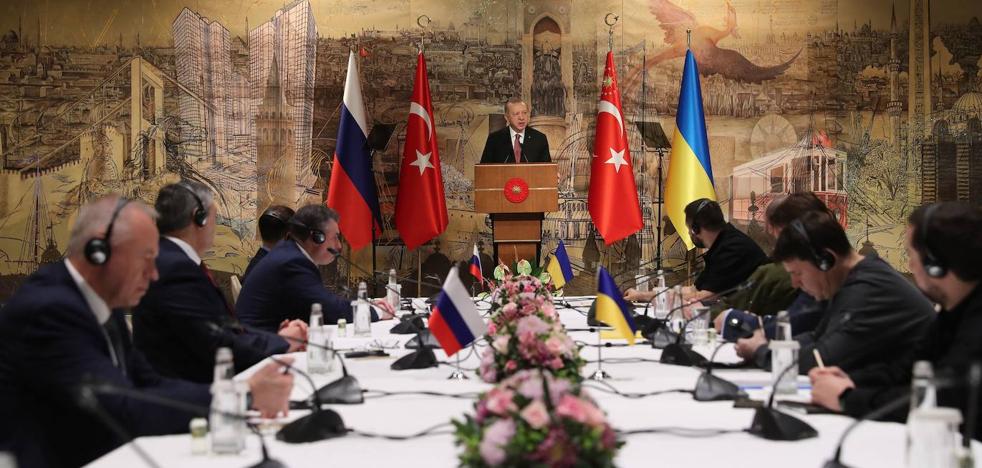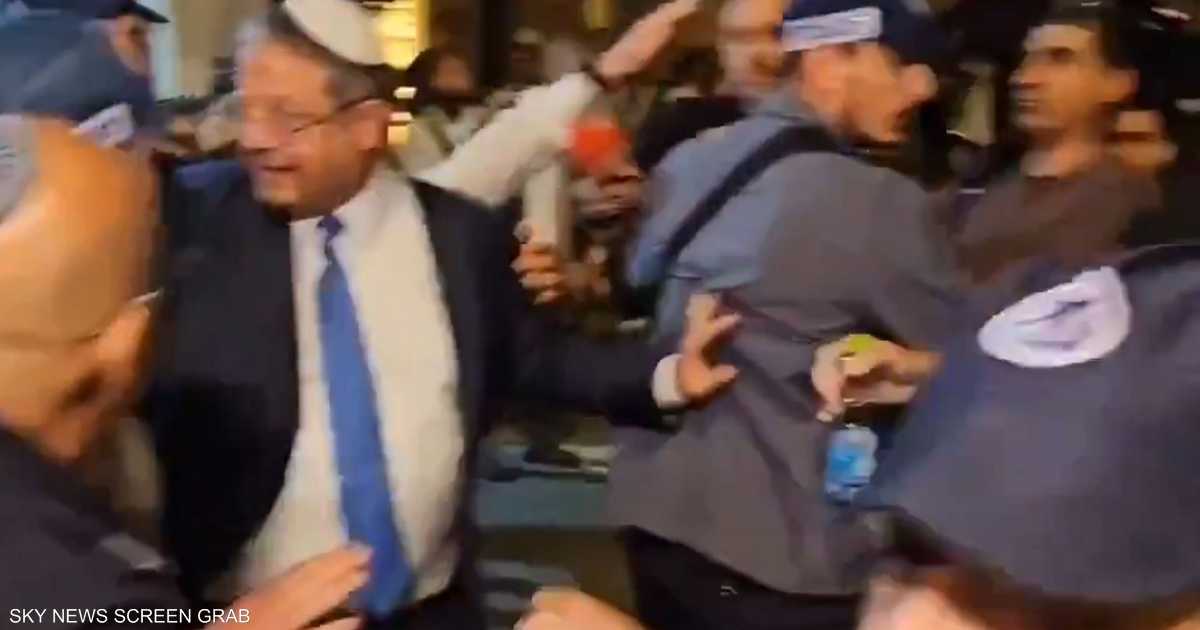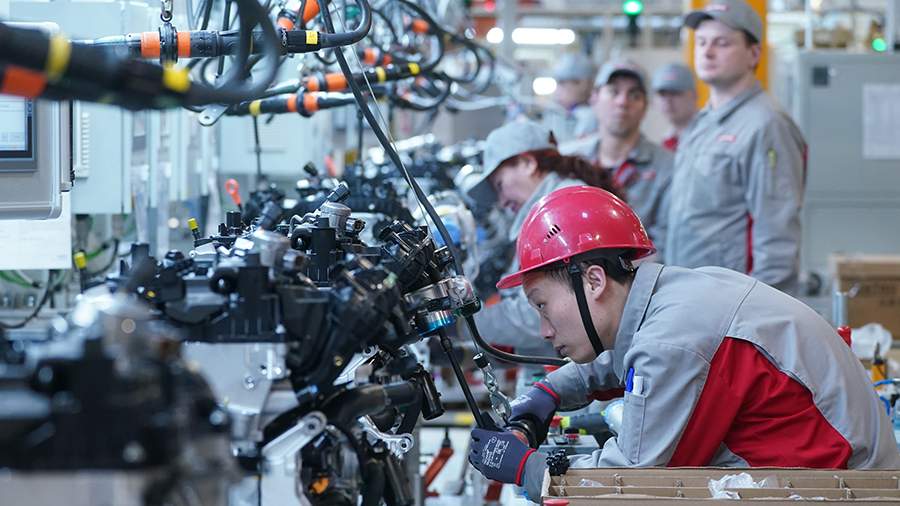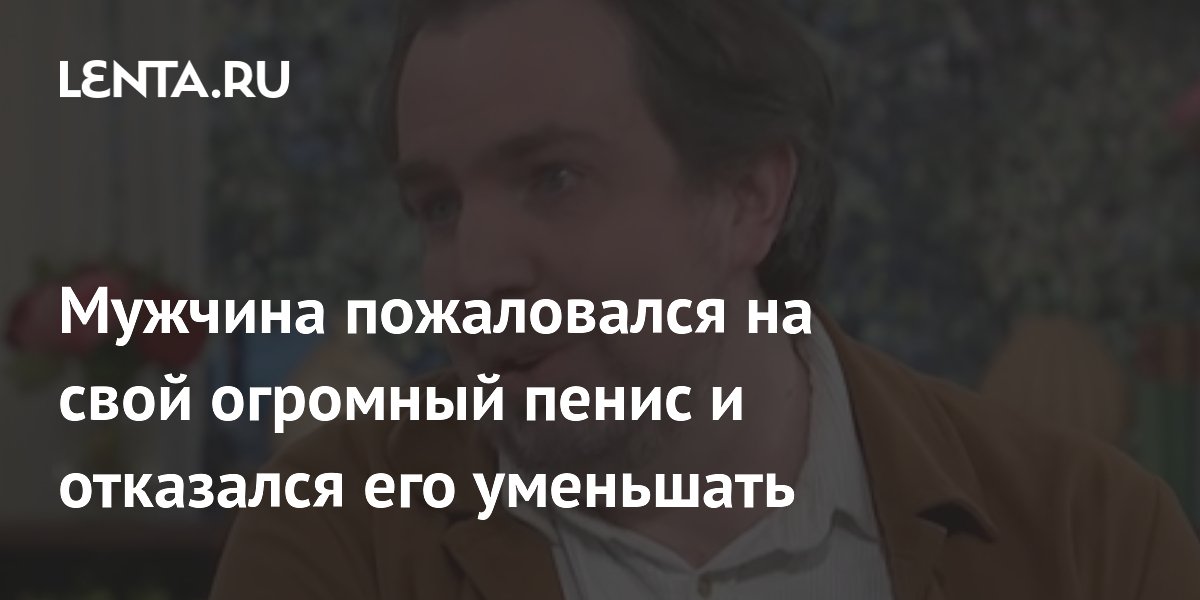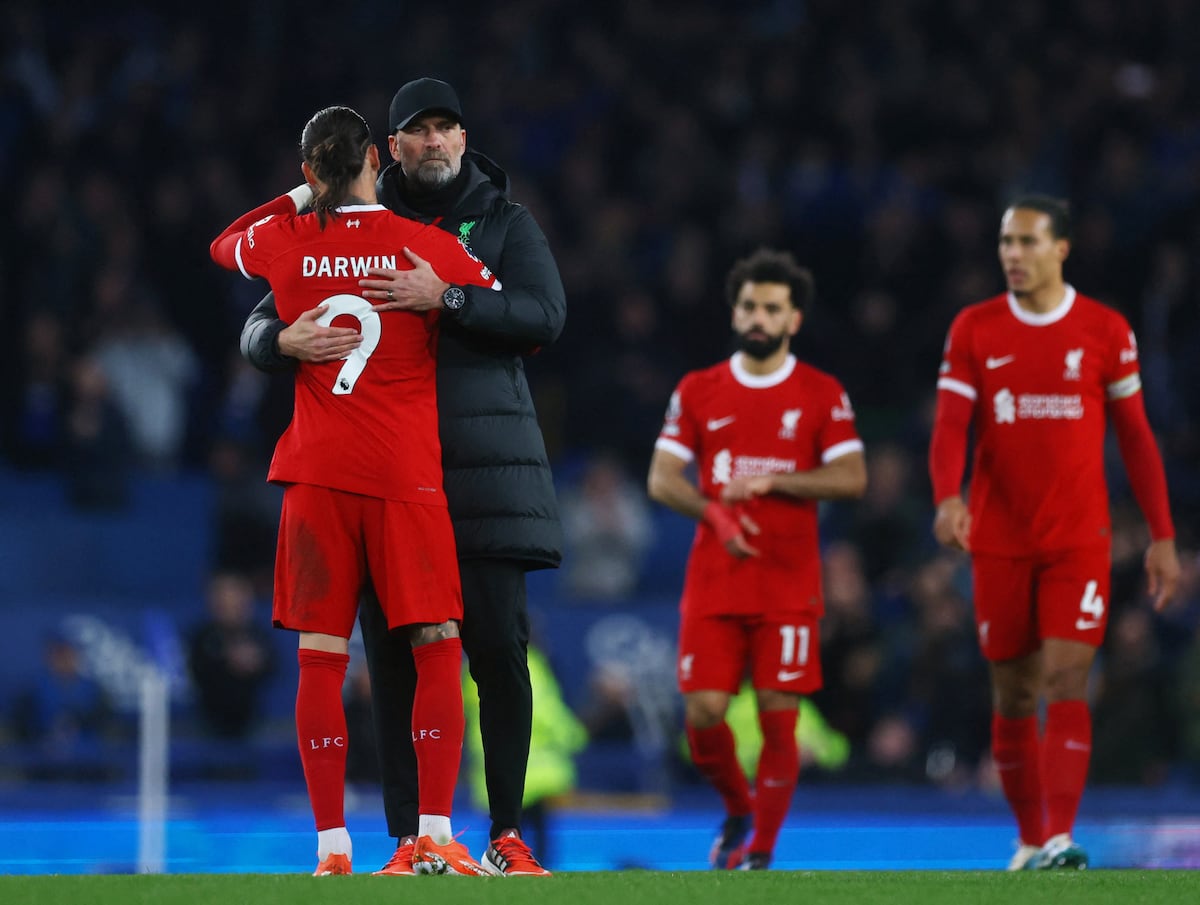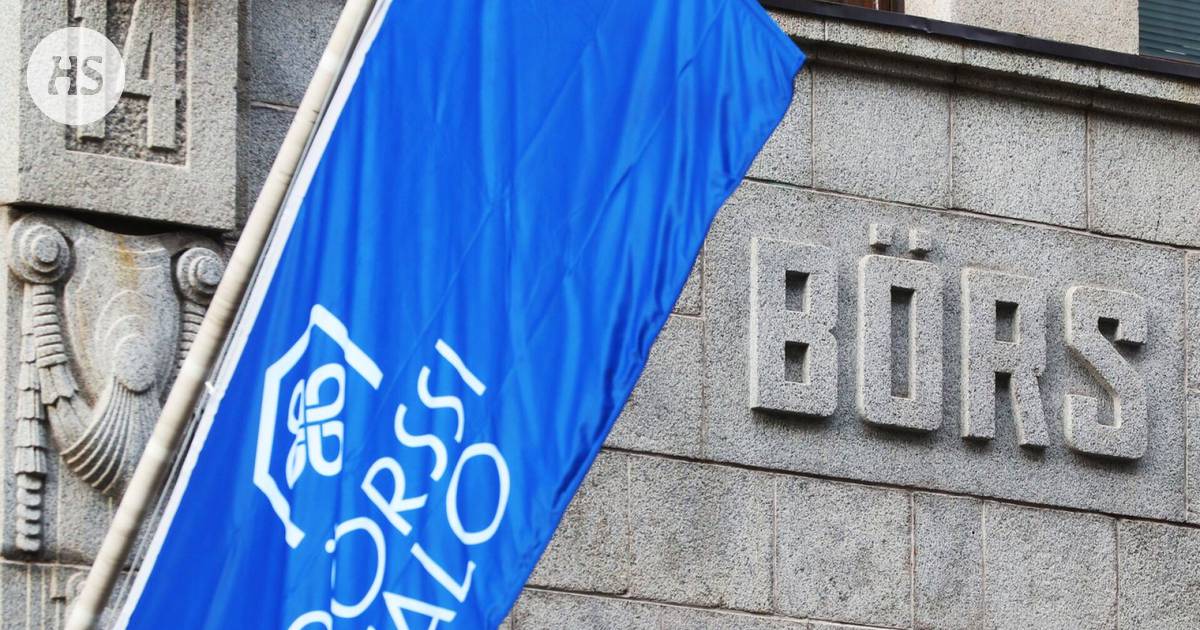Turkish President Recep Tayyip Erdogan opened a meeting between Ukrainian and Russian delegations in Istanbul in March. /
Erdogan takes every opportunity to appear before the public as the great peacemaker who can save the world from a new Chernobyl
After six months of war in Ukraine, Turkey has become the only bridge still standing between kyiv and Moscow. Since the first day of the invasion, the Ankara government has tried to mediate between the two sides, with whom it has strong economic and military connections. The Turkish president, Recep Tayyip Erdogan, has taken the management of the crisis as something personal and knows that the success of this mission can help to enhance his figure abroad and, above all, before the elections in which he is playing position within ten months. The president does not miss every opportunity to appear before the public as the great peacemaker who can save the world from a new Chernobyl, alluding to the armed clashes around the Zaporizhia nuclear power plant, in southeastern Ukraine, the largest in Europe .
Turkish mediation started in the first days of the war. In March, this country was the venue for the first face-to-face meeting between the foreign ministers of Ukraine, Dmitro Kuleba, and Russia, Sergei Lavrov, their first and only meeting to date. At the end of that month, two delegations from both countries met again to discuss the opening of humanitarian corridors, then came the Bucha massacre, the process became complicated and the meetings were spaced out, but the contacts have never stopped.
The summer months have seen how diplomacy has intensified its efforts. In July, the Russian Defense Minister, Sergei Shoigu, and the Ukrainian Infrastructure Minister, Oleksandr Kubrakov, signed in Istanbul the agreement to unblock the departure of ships with Ukrainian grain and Russian fertilizers under the watchful eye of Erdogan and the Secretary General of the UN, António Guterres. A pact “to deal with world famine”, according to the Turkish president, and also a step forward towards a future peace agreement between kyiv and Moscow. In these weeks, more than a million tons of grain have already been exported and Erdogan’s main objective is “to take advantage of the possibilities of transforming the positive atmosphere created as a result of the agreement into permanent peace.”
The safety of Zaporizhia
This August the figure of the Turkish president has gained greater prominence, since he met with Vladimir Putin in Sochi and traveled to Lviv to speak with Volodímir Zelensky. After this last meeting, in which Guterres also participated, is when Erdogan highlighted the importance of mediating between the two parties because “we do not want a new Chernobyl to occur”, alluding to the instability created by the fighting around the Chernobyl plant. Zaporizhia, in Russian hands since March. A message shared by all world leaders.
The International Atomic Energy Agency (IAEA) chose Istanbul to manage its visit to Zaporizhia. The team of experts led by Mariano Grossi, director general of the IAEA, met here last week with a delegation of Russian technicians. The visit to the Ukrainian plant is “imminent”, the Italian diplomat told the media for whom “it is essential that our experts are there as soon as possible”. Zaporizhia is the largest nuclear plant in Europe and is on the front lines. After a 24-hour disconnection, the plant was reconnected on Saturday and, according to the Turkish media, this may be the sign that the experts’ visit will take place “in the next few days.”
Dreams of greatness of a country that navigates in ambiguity
“Erdogan has always had these grandiose dreams of Turkey being a regional power, if not a global one. It already happened during the Arab Spring or in the conflict in Syria. Seeing Turkey as a power is a fantasy because the economy is in tatters and the military power is exaggerated, but it is a fantasy that works. We can think of Erdogan’s Turkey as a person with a harmless mental disability. It can work, but it needs to be controlled. As long as you keep daydreaming, it’s fine. If he tries to act according to his dreams, it can be dangerous », considers Umut Özkirimli, associate researcher at CIDOB (Center for International Affairs of Barcelona). Regarding how long this role can last between the two parties, Özkirimli thinks that “neither the West nor Russia can afford to lose Turkey, so they prefer an ambiguous ‘status quo’ to a total loss. Erdogan knows how to navigate this.”
This ambiguity allows Turkey to establish itself as a bridge between two countries with which it has strong ties. It was the main foreign investor in Ukraine in 2020 and 2021 and the role of the Turkish Bayraktar drone was key in stopping the advance of Russian troops towards the Ukrainian capital in the first phase of the war. At the same time, Russia supplies a third of Turkey’s gas imports and Rosatom, a Russian public company, is responsible for developing Turkey’s first nuclear power plant, which is expected to produce around 10% of the country’s electricity at from 2025.
At the height of international sanctions against Moscow, the Turks have not joined the punishments against who is their third trading partner, but nobody raises their voice because they are the ones who keep the mediation channel open with the Kremlin. In Ankara they are not afraid of threats of possible sanctions against their companies for not breaking ties with Moscow.
“Ankara pursues three objectives. It seeks to help Ukraine avoid defeat, avoid open conflict with Russia, while demonstrating its solidarity with the West and increasing its regional diplomatic weight,” says Rich Ouzen, Turkey expert at The Atlantic Council, in a recent article. about the Turkish role in the war. His colleague at this same center for strategic studies, Brenda Shaffer, also recalls that “Turkey is preparing its supply infrastructure to transport additional gas from Azerbaijan to Europe in the short and medium term. This already works with countries like Bulgaria, to which Moscow cut off supplies, so gas from Azerbaijan via Turkey is now the only exclusive supply the Bulgarians receive.”
Sooner or later Ukrainians and Russians will sit down at a table to negotiate peace. The distance or proximity of that moment depends on the progress of the war, but also on the intensity of the contacts in which Turkey has been working since the first day of the invasion.
#Turkey #consolidates #bridge #Ukraine #Russia
